Toyota Poised for Solid Earnings Amid Hybrid Demand and U.S. Tariff Concerns
As the world’s largest automaker prepares to release its annual earnings report, Toyota Motor Corporation $7203.T stands at a pivotal crossroads. Buoyed by the continued popularity of hybrid vehicles, the Japanese automotive giant is expected to post stable profits. However, looming geopolitical developments—namely potential U.S. import tariffs—have injected a degree of uncertainty into the outlook.
Toyota’s dominant position in the global hybrid market has shielded it from some of the pressures felt by competitors in the electric vehicle transition. Yet, the company’s deep manufacturing and sales footprint in North America leaves it vulnerable to policy changes, especially under protectionist trade moves anticipated from the U.S. administration. Investor focus is therefore split between strong fundamentals and unpredictable macroeconomic risks.
Strong Hybrid Sales Drive Stability
Toyota’s hybrid vehicle segment continues to outperform amid rising global interest in fuel efficiency and transitional technologies. Unlike many automakers rushing toward full electrification, Toyota has doubled down on hybrids as a scalable, near-term solution—particularly in markets where EV infrastructure remains underdeveloped.
This strategy has proven effective. Despite supply chain disruptions and economic headwinds, demand for Toyota’s hybrid models, including the popular Prius and RAV4 Hybrid, remains robust. These vehicles not only support Toyota’s bottom line but also strengthen its environmental, social, and governance (ESG) credentials, increasingly important to institutional stakeholders.

Resilient Fundamentals Supporting Toyota's Outlook
Consistent Hybrid Leadership: Toyota maintains a strong global presence in the hybrid vehicle segment, ahead of many EV-only competitors.
Operational Diversification: With production hubs across Asia, North America, and Europe, the company mitigates regional risks.
Technological Adaptability: Toyota continues investing in both hybrid and hydrogen fuel cell technology, preserving flexibility in a rapidly evolving market.
Brand Strength: Toyota’s reputation for reliability and fuel efficiency continues to support global consumer confidence.
Broader Strategic Signals and Policy Headwinds
While its hybrid-driven stability anchors investor expectations, Toyota faces scrutiny on multiple strategic fronts. Key among these is how the company will navigate the U.S. trade environment under growing protectionist pressures. Speculation has intensified over possible tariffs on imported vehicles, a policy that would directly impact Japanese automakers with production and sales pipelines tied to the American market.
Toyota's response to this challenge—whether through reconfiguration of supply chains or localized investment—could become a central theme in its forthcoming earnings call. Additionally, investors will seek clarity on the firm’s stance toward its group affiliate, Toyota Industries $6201.T, a critical supplier of components.
Last month, Toyota confirmed it is exploring a potential investment or acquisition related to Toyota Industries, further solidifying vertical integration within its production chain. This move could shield it from future supply shocks, a lesson the auto industry learned harshly during the pandemic years.

Key Strategic Considerations
U.S. Tariff Exposure A potential risk to profitability if new import duties are enacted.
Supplier Realignment Possible acquisition or deeper investment in Toyota Industries (6201.T) to ensure long-term parts supply stability.
Capital Allocation Plans Markets will watch how Toyota plans to balance R&D, shareholder returns, and strategic investments.
Global Production Strategy Adjustments may be necessary to offset regulatory or geopolitical developments, particularly in North America.
Balancing Innovation, Risk, and Resilience
Toyota’s ability to navigate evolving global dynamics while maintaining profitability underscores its resilience as an industry leader. With a proven hybrid strategy and a clear interest in supply chain control, the company appears well-positioned to manage near-term uncertainties. However, policy shifts in the U.S. could disrupt this trajectory if not addressed with agility and foresight.
The coming fiscal year will likely test Toyota's operational flexibility and strategic foresight more than any other period in recent memory. As investors await the full earnings release, attention will remain fixed not just on financial metrics, but on the company's messaging around policy, partnerships, and long-term positioning.


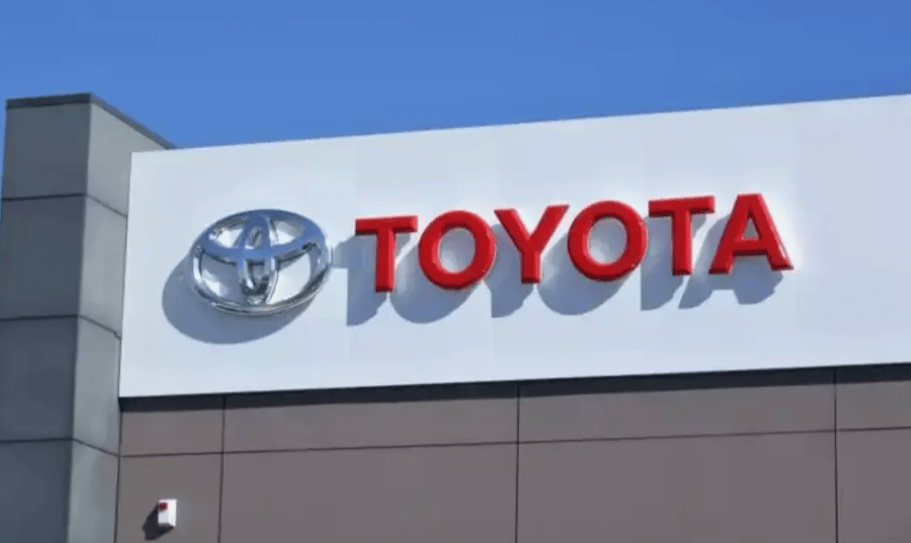




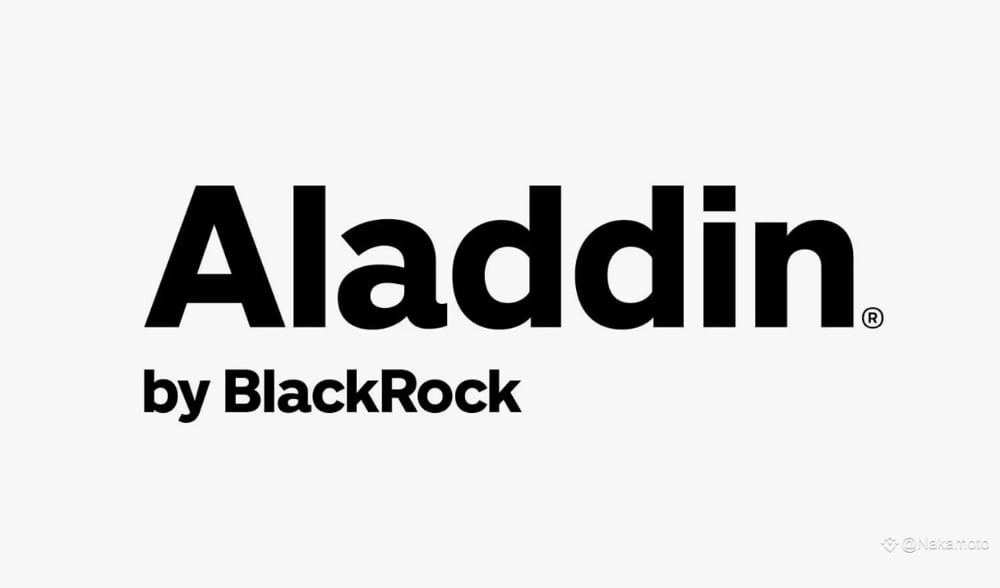

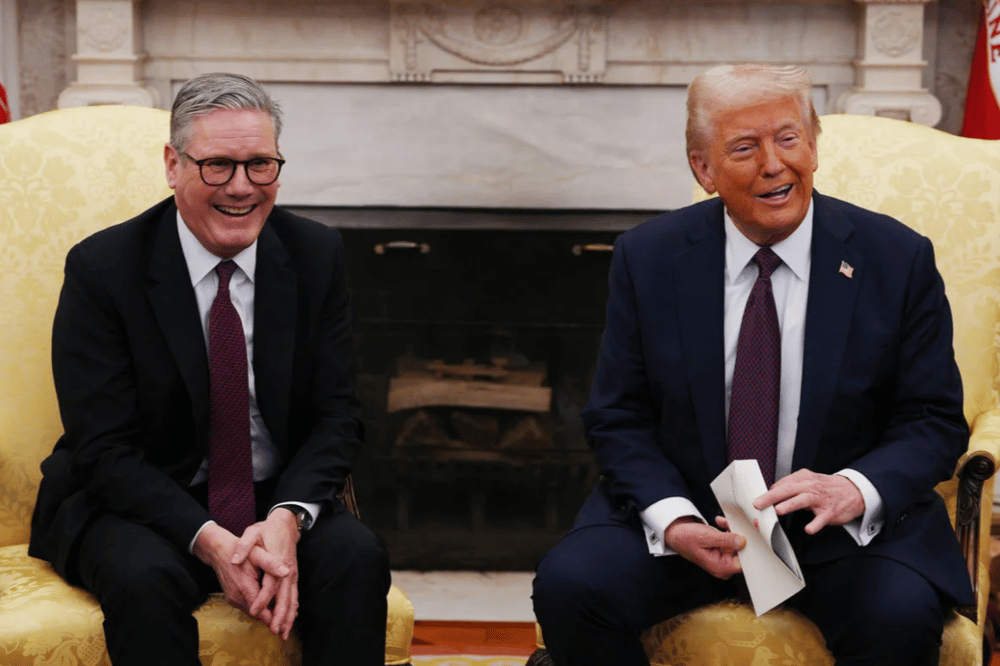
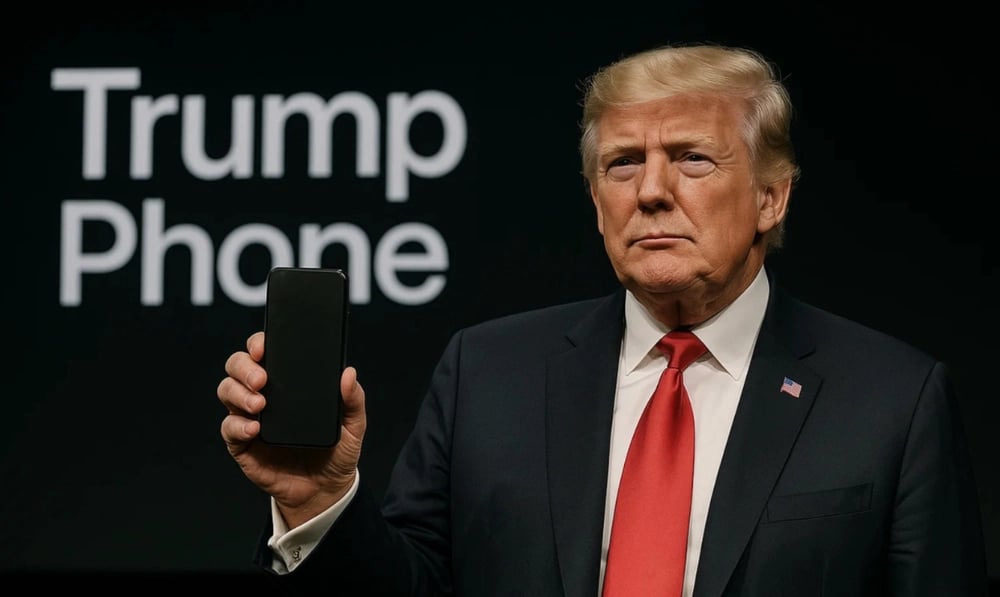






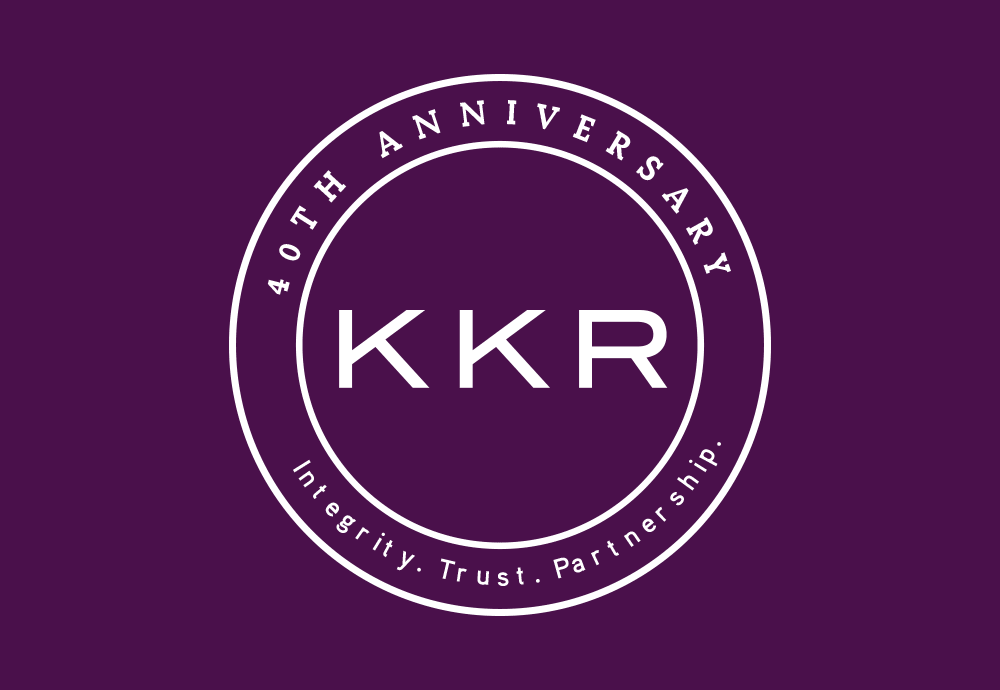
Comments